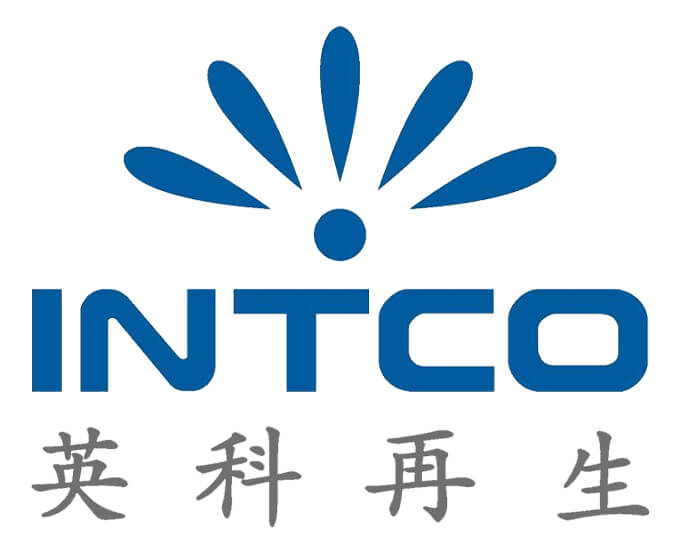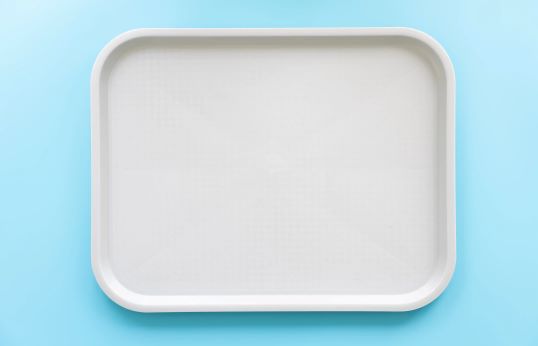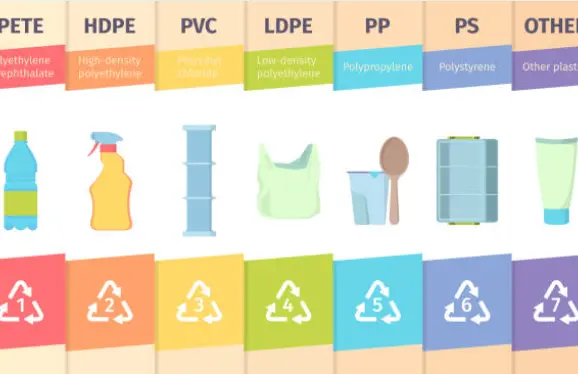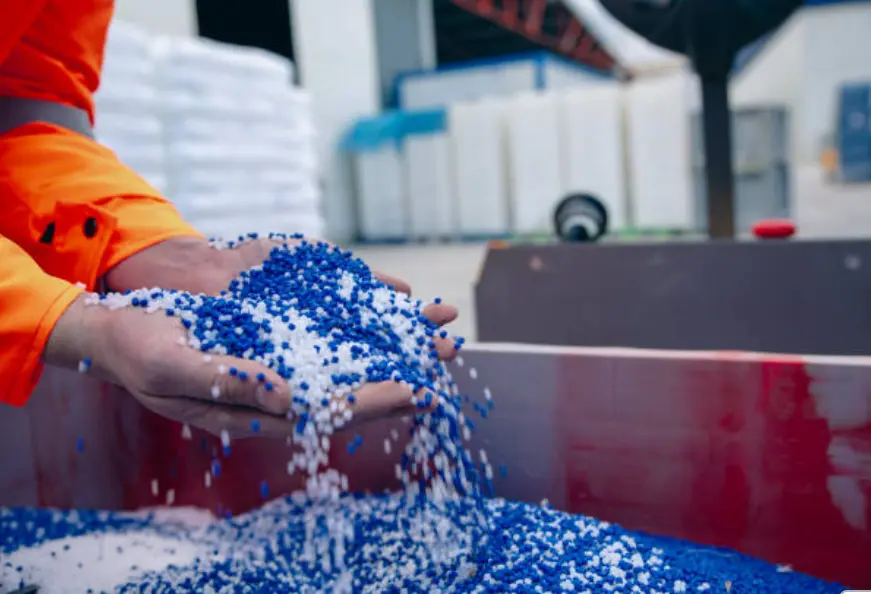Introduction to Recycled PET
As we navigate an era where sustainability and environmental awareness take center stage, recycled PET (rPET) stands out as a crucial element. But what is recycled PET exactly, and why is it so vital?
Definition of Recycled PET
Recycled PET refers to polyethylene terephthalate that has been processed and transformed from used plastic materials. These materials often come from post-consumer beverage bottles and food containers. The result is a recycled plastic that retains many of the qualities of virgin PET, including high strength, good chemical resistance, and clarity.
Historical Background and Importance
The history of PET dates back to its invention in the mid-20th century when it was first used for synthetic fibers. Over the decades, it became popular for bottling drinks due to its lightweight, strong, and shatter-proof properties. As the volume of PET waste grew, the need for recycling became evident. This led to advances in recycling technologies, allowing the plastic industry to convert used PET into new, useful products. Recycling PET is not just a technological feat; it’s an environmental necessity that addresses waste management issues and reduces the need for virgin plastic production.
The Lifecycle of PET Plastic
The lifecycle of PET plastic begins with its production, where it is molded into products like bottles and containers. Once these products are used, they enter the waste stream. Collection systems then gather these items, which are taken to recycling facilities. Here, they undergo a rigorous process to become recycled PET. The rPET can then be reintroduced into the market as new products, thus repeating the cycle. This continuous loop of production, use, and recycling helps minimize waste and environmental impact.
Environmental Impact of Recycled PET
Reducing Carbon Footprint
One of the most notable advantages of utilizing recycled PET is its effect on the carbon footprint. The production of rPET demands less energy than creating plastics from virgin materials. This decrease in energy usage leads to reduced greenhouse gas emissions, aiding in the fight against climate change. Additionally, businesses around the globe are integrating rPET into their products to improve their environmental credentials, contributing to worldwide sustainability initiatives.
Decreasing Landfill Waste
Recycled PET plays a crucial role in reducing the volume of plastic waste that ends up in landfills. Given that PET is not biodegradable, it can persist in the environment for hundreds of years. By recycling and repurposing PET, we can significantly reduce landfill waste. This effort not only conserves space but also prevents potential environmental pollutants from leaching into soil and water bodies.
Lowering Energy Consumption in Production
The process of recycling PET consumes considerably less energy than producing virgin PET. This is because the recycling process involves transforming used plastics rather than synthesizing new materials from petrochemicals. Lower energy consumption translates to reduced fossil fuel use, which is beneficial for the environment and helps promote sustainable manufacturing practices.
Introducing INTCO Recycling, a high-tech manufacturer specializing in resource recycling. With a commitment to sustainable development and environmental responsibility, INTCO has established itself as a global leader in the recycling industry.
INTCO Recycling utilizes recycled resources to create a full supply chain with recirculated plastics. Their innovative processes and cutting-edge equipment enable them to transform recycled plastics into high-quality products. One of their notable achievements is the production of rPET, a type of plastic made from recycled PET bottles.
rPET, or recycled polyethylene terephthalate, is a sustainable alternative to traditional plastics. INTCO Recycling has perfected the art of transforming PET bottles into food-grade PET plastics, ensuring the highest level of safety and quality. By recycling 50,000 tons of PET bottles annually, INTCO saves a staggering 450,000 tons of crude oil, spares 2.7 million trees, and reduces 300,000 tons of carbon emissions. Their commitment to recycling has already eliminated 3.4 million tons of global carbon emissions, reduced 5.1 million tons of crude oil expenditure, and saved 33 million trees.
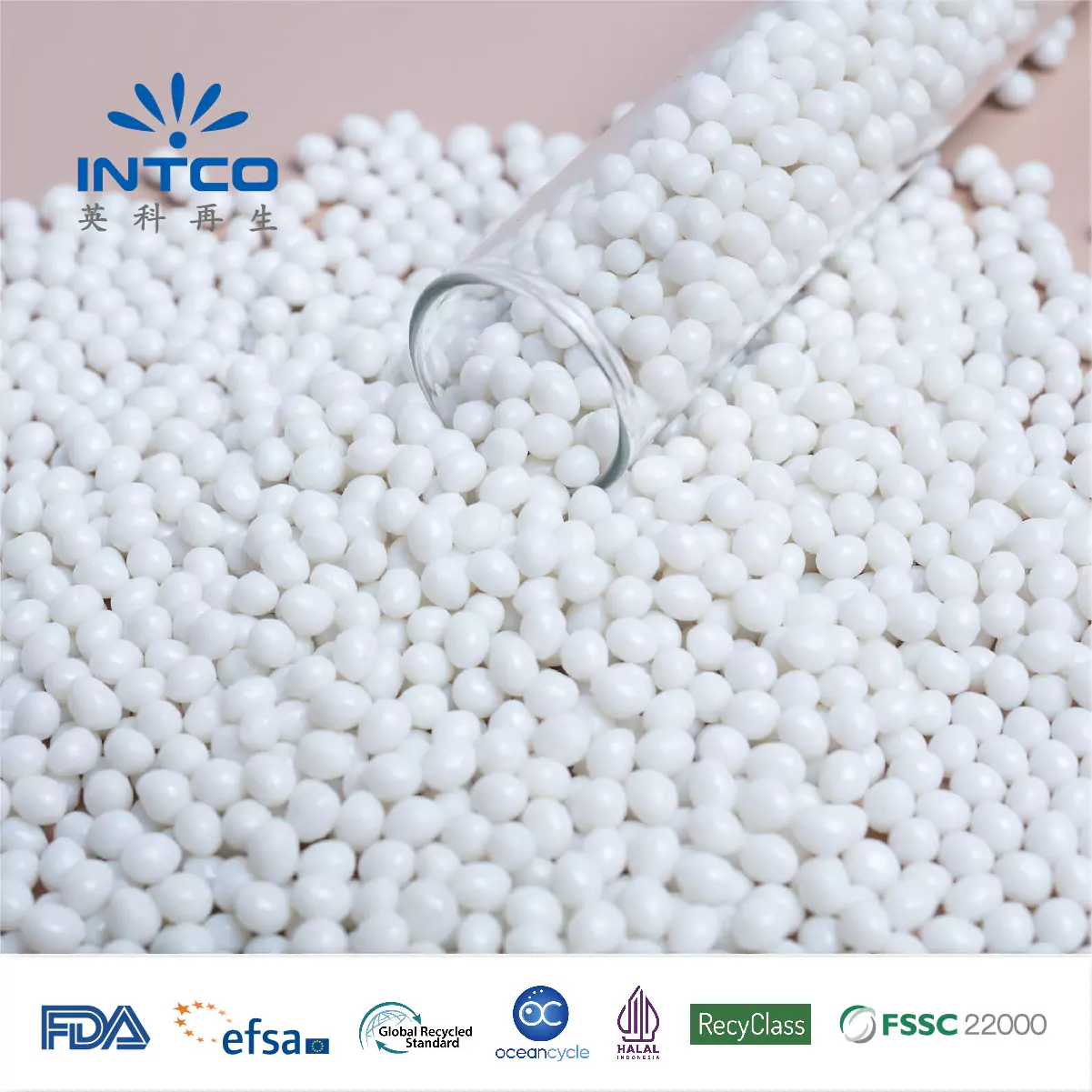
Process of Recycling PET
Collection and Sorting
The journey of recycled PET begins with the collection of used PET products, such as bottles and containers. These items are gathered through various means, including curbside recycling programs and deposit return schemes. Once collected, they are transported to sorting facilities, where the PET is separated from other types of plastic and contaminants. This step is critical to ensure the quality of the final recycled product.
Cleaning and Shredding
Once sorted, PET products are meticulously cleaned to eliminate labels, adhesives, and any residual contents. The cleaned plastic is then shredded into small flakes. These flakes undergo additional washing to ensure they are devoid of any impurities that might compromise the quality of the recycled PET. The resulting clean flakes are then prepared for the next stage in the recycling process.
Conversion into New Products
The final step in recycling PET involves converting the PET flakes into new products. This is achieved through several methods, including extrusion and pelletization. The flakes are melted down and reformed into pellets, which can be used to manufacture a wide range of products. Recycled PET is widely used in the production of beverage bottles, food packaging, textile fibers, and even automotive parts. Companies like INTCO Malaysia and other leading manufacturers are at the forefront, using rPET certified with FDA, EFSA, and GRS approvals for high-quality applications.
Recycled PET is more than just a recycled material; it embodies the shift towards a circular economy where waste is viewed not as a problem, but as a resource. Through ongoing advancements in recycling technologies and increased environmental awareness, rPET continues to pave the way for a more sustainable future.
Benefits of Using Recycled PET
Economic Advantages
Utilizing recycled PET offers notable economic benefits, helping to reduce the costs associated with the production of virgin plastics. One primary economic advantage is the lowered raw material costs, as recycled PET is generally cheaper than virgin PET. This cost-efficiency translates into lower production expenses for manufacturers, allowing them to offer competitively priced products. Additionally, recycling programs create jobs in collection, sorting, and processing facilities, further bolstering the economy. Investment in recycling infrastructure also spurs innovation, leading to the development of more advanced recycling technologies and methods.
Enhancing Corporate Social Responsibility (CSR)
Integrating recycled PET into products substantially boosts a company’s Corporate Social Responsibility (CSR) profile. As consumers increasingly lean towards brands that emphasize sustainability, environmental stewardship has become a vital part of contemporary business strategies. By incorporating recycled PET, companies show a dedication to minimizing their environmental footprint, which can foster customer loyalty and improve market standing. Furthermore, CSR efforts aimed at sustainability can draw in socially conscious investors and partners, aiding in long-term business expansion.
Versatility in Applications
Recycled PET is highly versatile and can be used across a wide array of applications. This sustainability champion is commonly found in consumer goods such as beverage bottles, food packaging, textiles, and clothing. Industrial applications also benefit from the use of recycled PET, where it can be utilized for automotive parts, construction materials, and more. The adaptability of recycled PET enables industries to integrate sustainable practices without compromising on quality or functionality. This versatility ensures that recycled PET continues to meet diverse needs across multiple sectors, driving its widespread adoption.
Common Uses of Recycled PET Products
Consumer Goods
Bottles and Containers
One prevalent use of recycled PET in consumer goods is the production of bottles and containers. Beverage companies, such as Coca-Cola and PepsiCo, have increasingly adopted rPET to manufacture new bottles, promoting circularity. These containers maintain the same level of safety and durability as those made from virgin PET. With the food-grade certifications from agencies like the FDA and EFSA, recycled PET bottles and containers offer a safe and sustainable option for storing food and drinks.
Textiles and Clothing
Recycled PET is also extensively used in the textile and clothing industries. This transformation of rPET into durable and high-performance fabrics underscores its utility in fashion and offers consumers eco-friendly clothing alternatives.
Packaging Materials
The packaging industry harnesses recycled PET for a range of applications, including both food and non-food packaging. Packaging manufacturers employ rPET to develop eco-friendly containers, blister packs, and various other packaging solutions. The high clarity and strength of recycled PET make it perfect for safeguarding products while lessening environmental impact. This move towards sustainable packaging not only satisfies consumer demand for more eco-conscious choices but also aligns with regulatory initiatives aimed at curbing plastic waste.
Industrial Applications
Beyond consumer goods, recycled PET is employed in numerous industrial applications. It is used in the automotive industry for parts and components, where its durability and resistance to various chemicals and environmental conditions are highly valued. Construction materials, such as insulation and roofing, also benefit from the high-performance characteristics of recycled PET. This widespread use in both consumer and industrial sectors underscores the material’s versatility and importance in advancing sustainability.
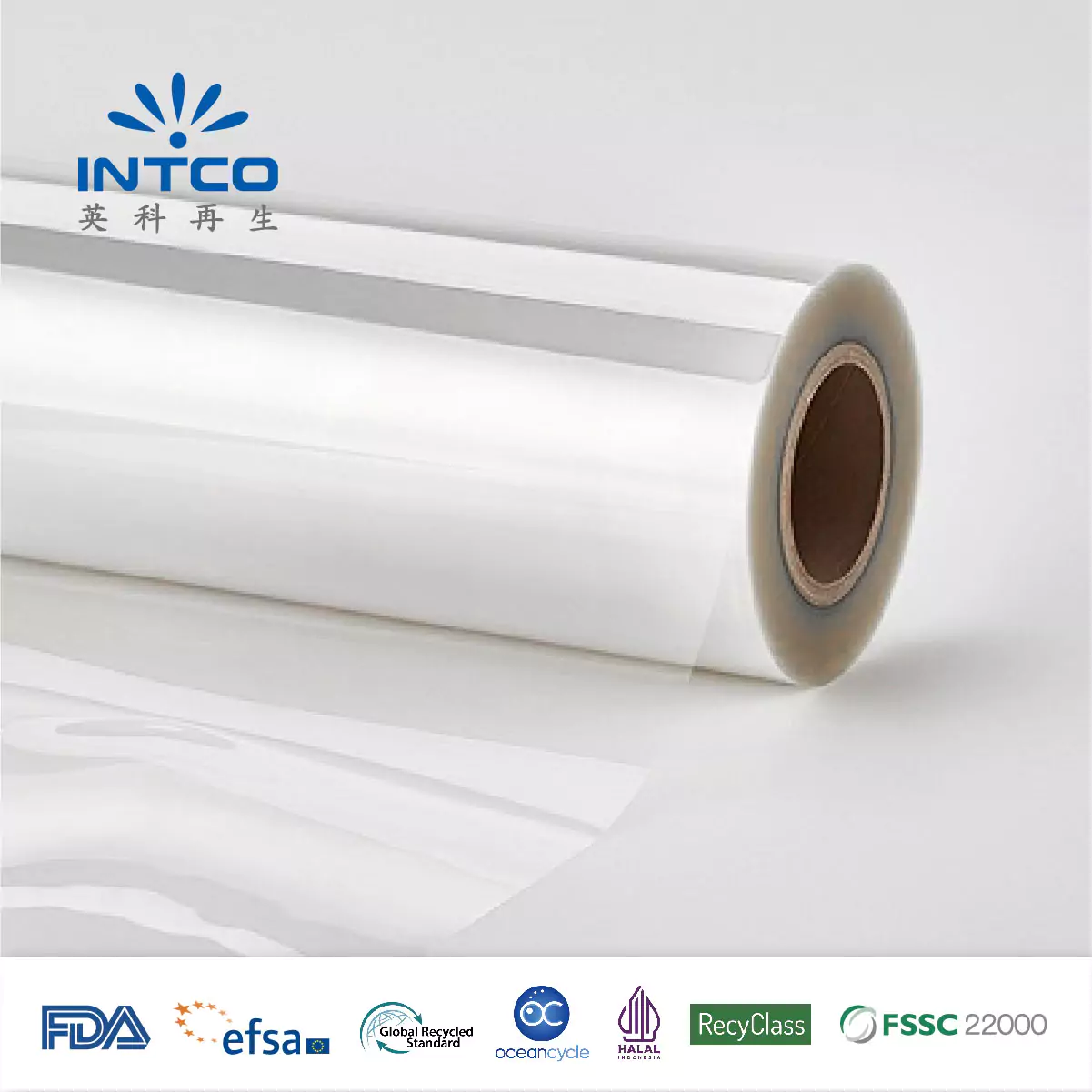
Future Trends in Recycling PET Industry
Innovations in Recycling Technologies
The future of recycled PET is bright, driven by ongoing innovations in recycling technologies. Advanced methods such as chemical recycling are being developed to improve the efficiency and quality of PET recycling processes. These innovations enable the recycling of PET that was previously challenging to process, further expanding the scope of rPET applications. Research into biodegradable additives and more effective sorting technologies also promises to enhance the sustainability and economic viability of PET recycling.
Government Policies and Regulations
Government policies and regulations play a pivotal role in shaping the future of the recycled PET industry. Initiatives such as extended producer responsibility (EPR) programs and recycling mandates enforce greater accountability from manufacturers and encourage the adoption of sustainable practices. In the European Union, new regulations are set to authorize over 100 new food-safe recycling processes, increasing the use of recycled PET in food packaging. These policies not only promote environmental stewardship but also drive market demand for recycled materials.
Increased Corporate Initiatives for Sustainability
Corporations across the globe are showing a growing commitment to sustainability initiatives, particularly those that focus on the use of recycled PET. Additionally, these companies are incorporating rPET into their product lines to achieve sustainability targets and comply with regulatory requirements. As more businesses place importance on environmental responsibility, the production and demand for recycled PET are anticipated to rise, further promoting the circular economy.
Recycled PET is pivotal in moving towards a sustainable future, offering economic, environmental, and societal benefits. By understanding its applications and embracing future trends, industries and consumers alike can contribute to global sustainability efforts. Through continuous innovation and regulatory support, the potential of recycled PET to replace virgin plastic and minimize environmental impact is boundless.
Choose INTCO Recycling for your recycling needs and join them in their mission to create a sustainable future. Together, we can make a significant impact on the environment by embracing the power of recycling and supporting the use of rPET, a truly eco-friendly solution.
